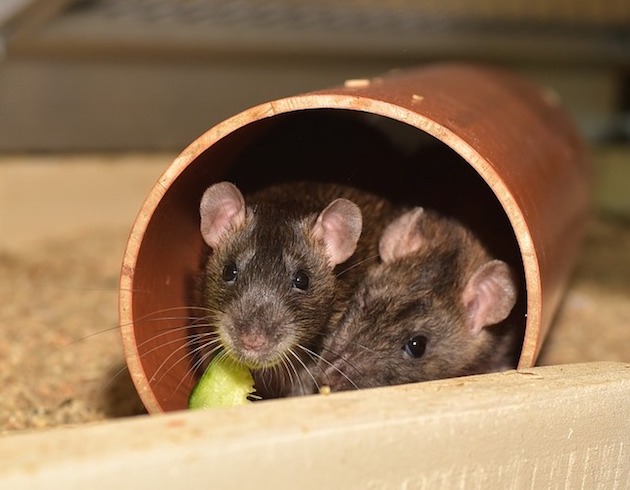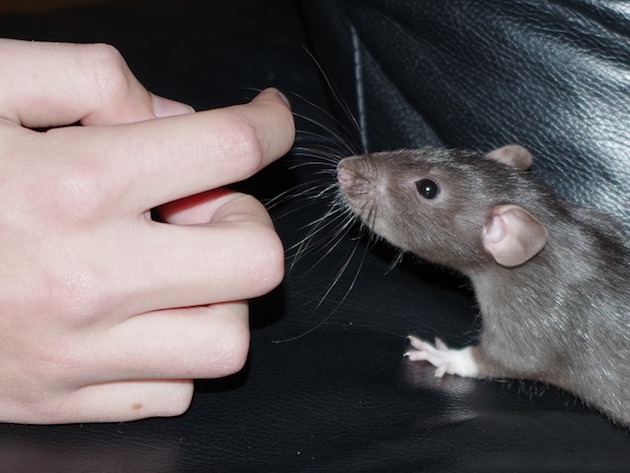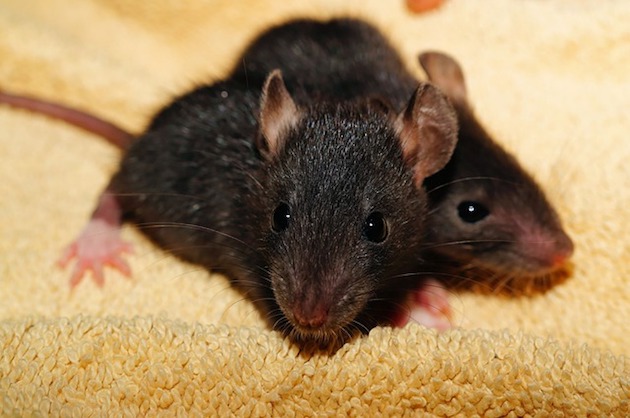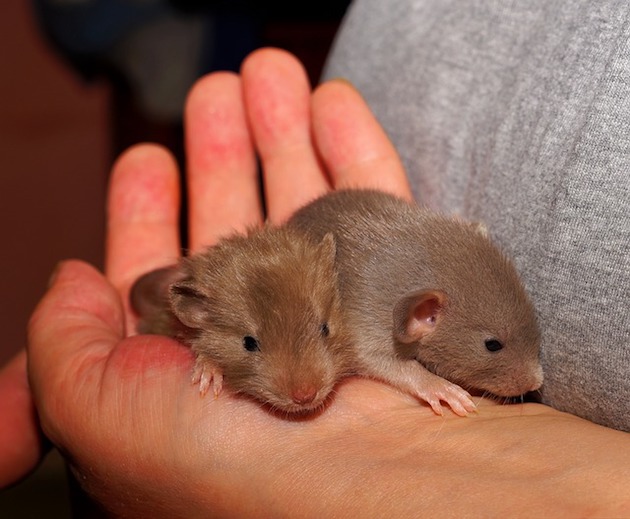There are many different types of rats out there: wild rats, rats who live in colonies, pet rats, all of which enjoy the company of other rats because they are naturally very social creatures. They are happier and more playful when kept in the same gender pairs or groups and love to be around people. Every rat has a unique personality, has individual likes and dislikes and can express themselves in a variety of ways. But what noises do rats make?
Whilst many people consider the rat a pest that needs rat pest control, the way they communicate is actually very clever. Not only do mice chatter and talk to each other, but they communicate with each other in possibly every way you can communicate with someone.
Here we are going to look at the different ways rats talk to each other, from the noises rats make to their body language.
What Noises Do Rats Make
Rats have some of the best hearing in the animal kingdom, and of course they use it to communicate with each other. They do this by producing ultrasonic noises that we can’t hear, but to other rats it would be very meaningful. So to us, we think that rats are very quiet little creatures who only make the occasional audible squeak. When in fact rats do make a lot of noise, it’s just at a frequency that we can’t hear.
Rats use these high frequency noises when they are stressed or frightened, and it’s used to communicate the sound of discomfort or pain. Some rats will squeak or grunt when they’re kept as pets and their owner talks to them.
Communicating Happiness
Rats often grind their teeth when they feel stressor pain, but they also do this as a typical way of expressing contentment and relaxation. This behaviour is known as chattering. They also do something called eye boggling where they make their eyes vibrate rapidly in and out of the eye socket. So if you see a rat doing both of these at the same time, it’s a very happy rodent!
Physical Communication
Apart from learning what noises do rats make, there are other ways they communicate. Rats have many different ways of communicating with each other. The most common way they do this is through their body language. Rats become socially mature at around five months old, and at this time the males become more aggressive toward each other.
Rats live in a hierarchical society, and the more dominant rat eventually achieves alpha status. This means that even rats with a special bond might end up having a serious fight rather than play fighting. All of these behaviours are very natural for rats and it’s actually the way they communicate with each other so they can establish their place in the community.
Meeting Others
When a rat comes across a stranger that they haven’t met before, you might notice that they puff up their fur and start a bit of a brawl. This usually involves pinning each other down, pushing each other over, grooming and lots of squeaking. Unless their dislike doesn’t disappear, rats will eventually become friends with strangers, but it takes a slow, careful introduction. This is when you will see the behaviours change because the relationship is evolving into something more positive.
Rats thrive on being very social creatures, and they need the stimulation that the company of other rats can provide for them. Because of the way they like to live together, they bond by spending time eating, building nests and sleeping together, as well as communicating by play fighting and grooming each other.
Urine Marking
Wild and tame rats use their urine to communicate with other rats and animals in their environment. A rat’s urine can give other rats information that helps them identify the species, age, gender and place in the social hierarchy, as well as their reproductive status.
Not only does marking help rats communicate, it also helps rats determine where they are. They can follow the scent trails left throughout the environments, and thus discover where they have been and what path is best to make a safe return home.
Grooming
Rats often groom each other as part of their social interactions and to form friendships. Much like many other animals we keep as pets, when you stroke them they take it as a form of grooming, which is a sign of affection for them. People who keep rats as pets may often find their rodent friend grooming them back, which means they class them as a member of their family and someone to be trusted.
You have now found out the answer not only to the question what noises do rats make, but loads of other info. Although rats are very clever in the way they communicate, one place you don’t want them to be communicating is in your home. Because of the urine markings and their tight social bonds, having one rat in your home probably means there will be a few more lurking around too. If you spot a rat, it’s best to call in Empire to administer rodent control treatments and rat prevention.






Leave a Reply